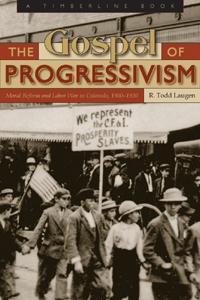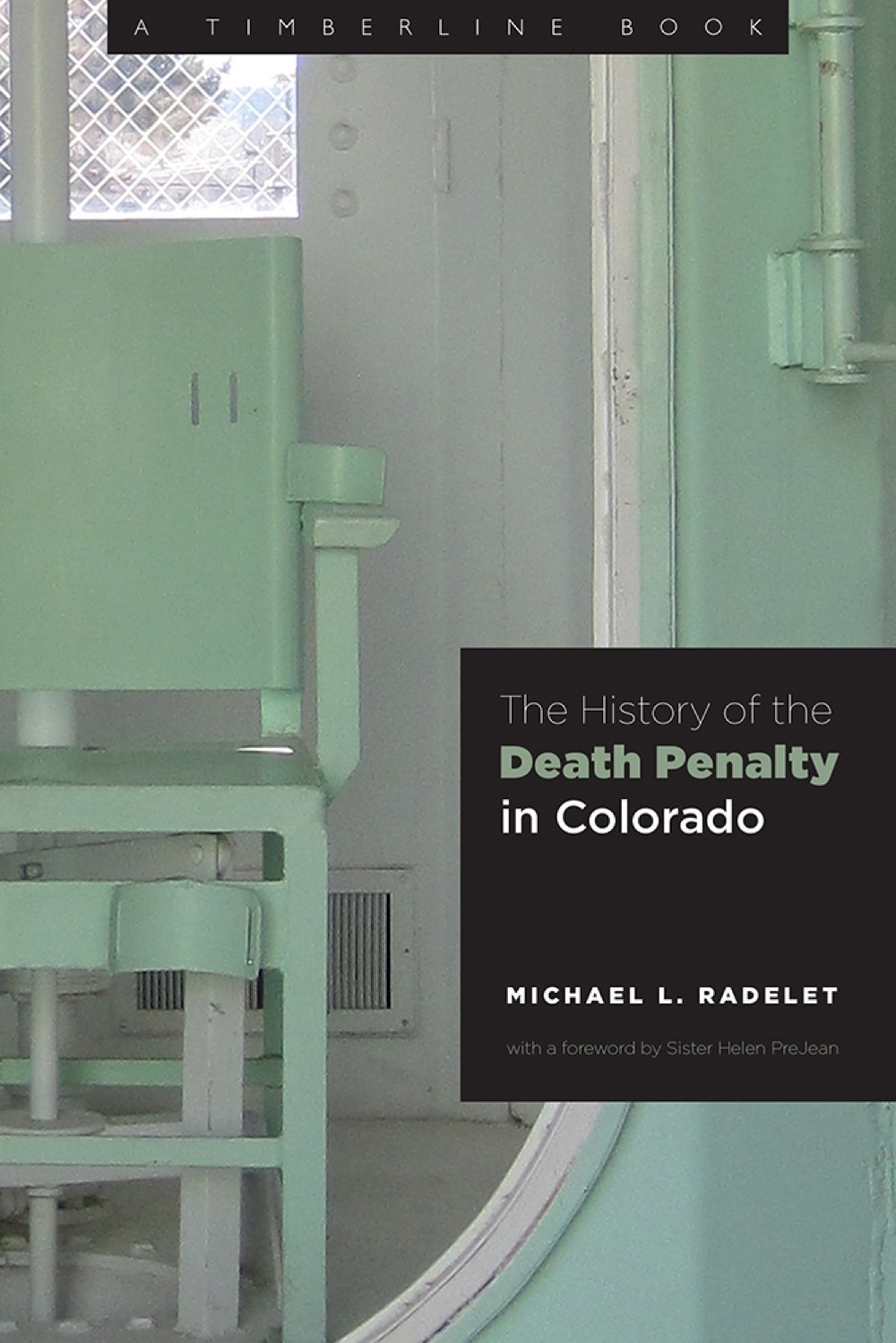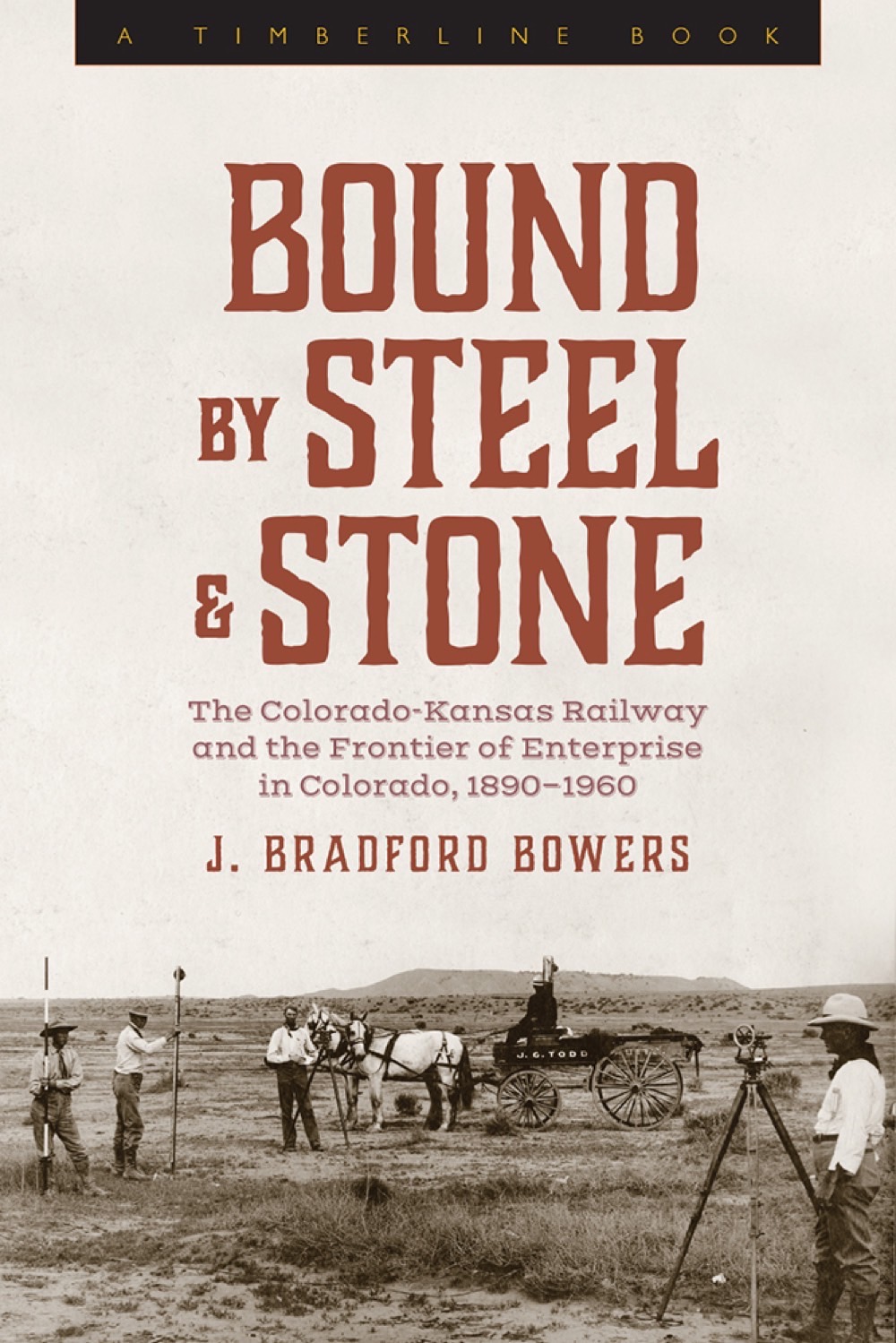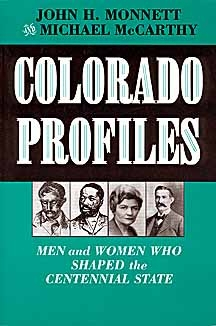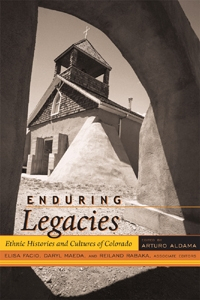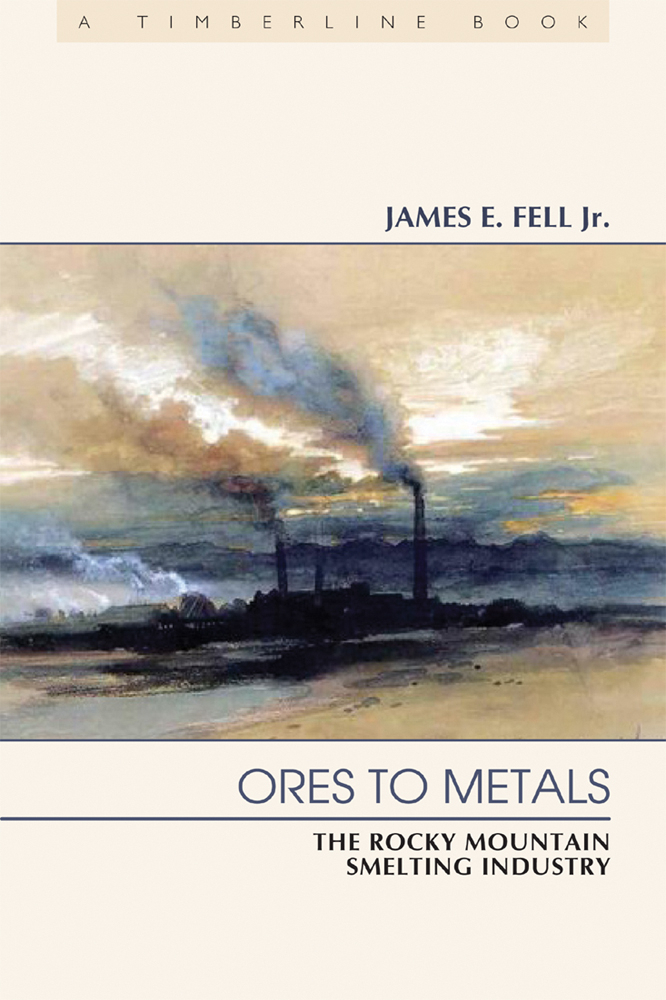foreword by Stephen J. Leonard
A Timberline Book
"We can ask no more of a study of state politics than what R. Todd Laugen provides in The Gospel of Progressivism. Laugen's insightfully conceived, deeply researched, skillfully written, and heavily illustrated volume splendidly balances the local and the national. . . . Politics has never looked more intriguing than in The Gospel of Progressivism."
—Pamela Laird, UCD, Center for Colorado and the West Colorado Book Review
"His work offers a useful glimpse into the state-wide ramifications of a national movement and gives voice to the heretofore voiceless reformers from across social, economic, and political divide who sought to create a 'state beautiful.'"
—Derek Everett, Western Historical Quarterly
"Laugen's book is not only a vital addition to the history of Colorado and the Intermountain West, it is likewise an important contribution to our understanding of American Progressivism. While most histories of the Progressive Era tend to focus upon Eastern politics and society, The Gospel of Progressivism reminds historians that the ideas of Progressivism were equally influential in the West. Laugen skillfully demonstrates the complex and pluralistic relationships, as well as the occasional confusion, which defined the social and political efforts of American Progressivism."
—Brett D. Dowdle, Annals of Wyoming
"A detailed and sophisticated addition to the literature on Colorado history."
—Jay Gitlin, New Mexico Historical Review
Chronicling the negotiations of Progressive groups and the obstacles that constrained them, The Gospel of Progressivism details the fight against corporate and political corruption in Colorado during the early twentieth century. While the various groups differed in their specific agendas, Protestant reformers, labor organizers, activist women, and mediation experts struggled to defend the public against special-interest groups and their stranglehold on Colorado politics.
Sharing enemies like the party boss and corporate lobbyist who undermined honest and responsive government, Progressive leaders were determined to root out selfish political action with public exposure. Labor unions defied bosses and rallied for government protection of workers. Women's clubs appealed to other women as mothers, calling for social welfare, economic justice, and government responsiveness. Protestant church congregations formed a core of support for moral reform. Labor relations experts struggled to prevent the outbreak of violence through mediation between corporate employers and organized labor. Persevering through World War I, Colorado reformers faced their greatest challenge in the 1920s, when leaders of the Ku Klux Klan drew upon the rhetoric of Protestant Progressives and manipulated reform tools to strengthen their own political machine. Once in power, Klan legislators turned on Progressive leaders in the state government.
A story of promising alliances never fully realized, zealous crusaders who resisted compromise, and reforms with unexpected consequences, The Gospel of Progressivism will appeal to those interested in Progressive Era reform, Colorado history, labor relations, and women's activism.


